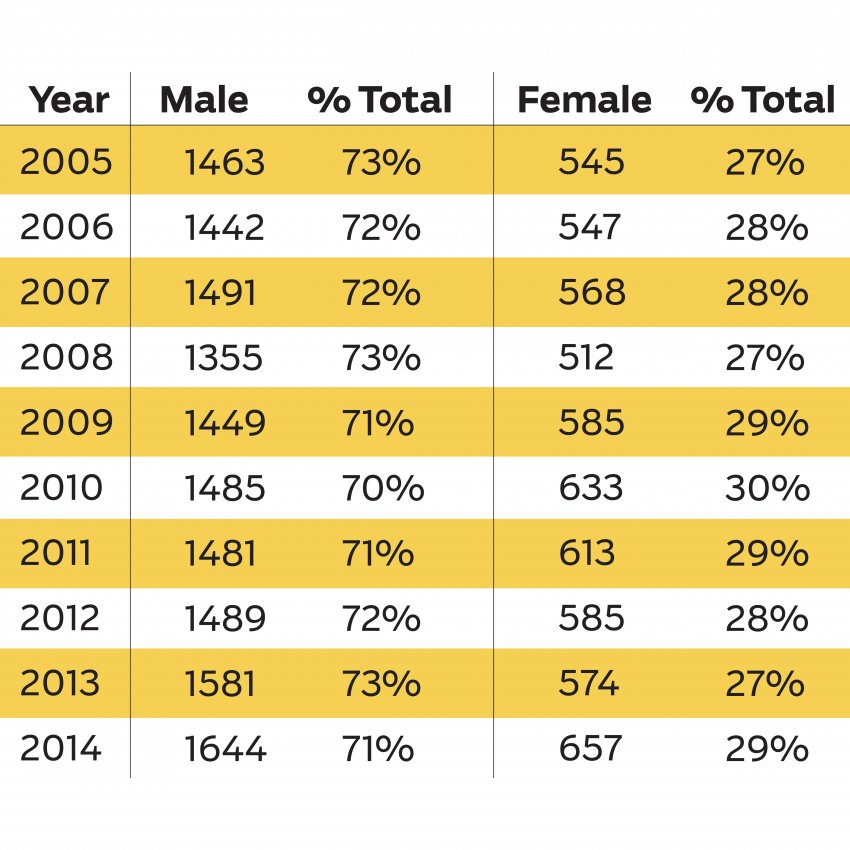Body hacker Josiah Zayner wants us all to use CRISPR to modify our bodies
And give ourselves cancer. I think he forgot the cancer part. From author Rowan Jacobsen:
"Let’s be clear: don’t try this at home! Although hundreds of gene-therapy trials are under way, and many experts believe they will eventually transform almost every aspect of human health, few have been proven safe. When you start scrambling your DNA, very bad things can happen. You can get cancer. Your immune system can attack the unfamiliar DNA, as happened when an 18-year-old with a rare metabolic disorder died during a University of Pennsylvania gene-therapy trial in 1999."
You may recall a link I posted to this guy giving himself a DIY fecal transplant. I'll give him an A+ for marketing. You can't beat the name Gut Hack:
NFL players have decided (not recently, it seems) that inhaling ammonia is performance-enhancing
Instead of something sinister, though, what the widespread use of smelling salts really reveals is the increasingly bizarre culture created by the NFL's (win-at-all-costs pressure cooker. Extreme parity, the minuscule margin of error, the constant threat of injury and million-dollar stakes all push players to exploit any shortcut, no matter how weird, gross or pitiful. More than a century ago in major league baseball, players like Hall of Fame pitcher Pud Galvin thought consuming ground-up monkey testicles was the answer (seriously). A decade ago, football found deer antler spray. Now it's smelling salts.
Not coke, but smelling salts in a cup. I think I would actually prefer ground-up monkey testicles.
More evidence that community health workers improve the care of certain patient populations
(paywall, but the abstract is free)
The proportion of patients with controlled hypertension increased from 17.0% at baseline to 72.9% at 18 months in the intervention group and from 17.6% to 52.2% in the usual care group; the difference in the increase was 20.6% (95% CI, 15.4%-25.9%; P < .001).





